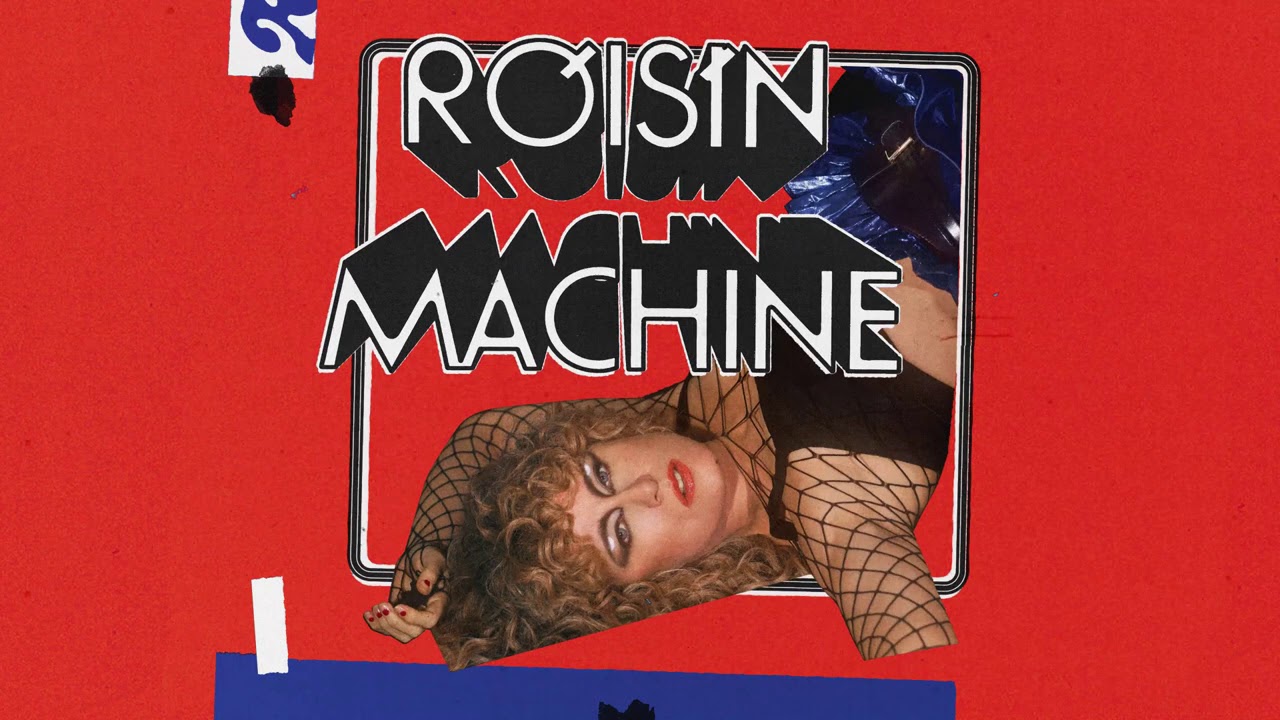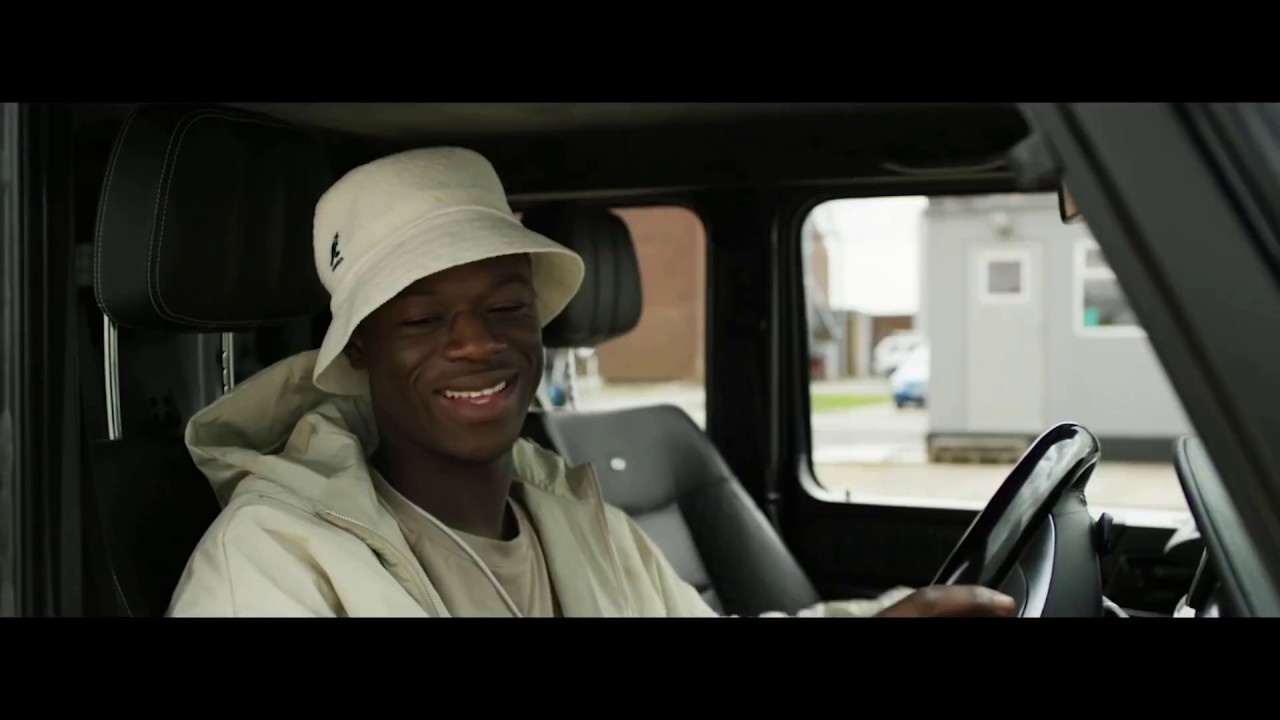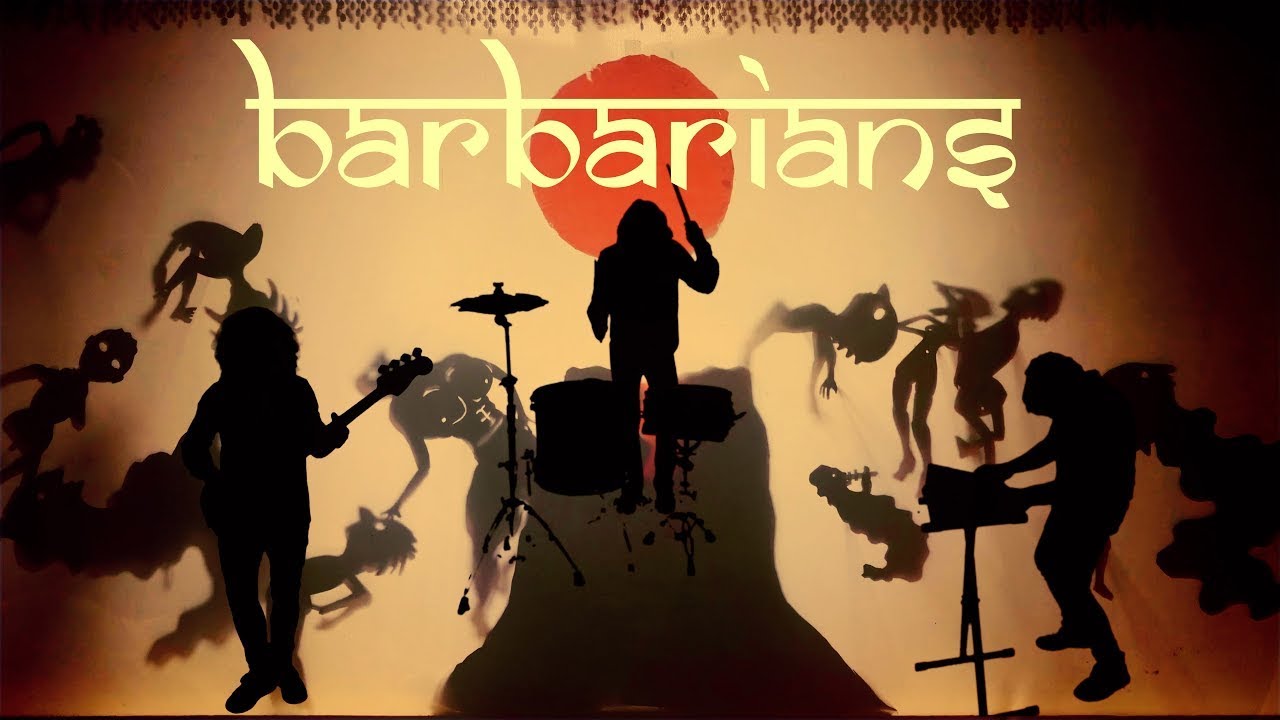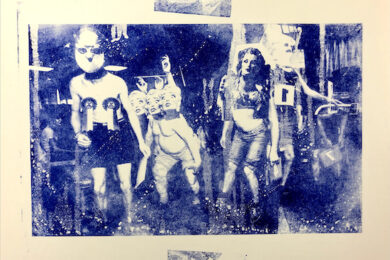Risn MurphyRóisín MachineSkint
Every single one of Róisín Machine‘s songs implores you to dance, and in doing so implores you also to forget the human fragility of which you are so incessantly reminded. Vicariously through Róisín Murphy – be she god, machine, person, or something floating between them – we can forget our fragile bodies, losing ourselves in a blissful utopia, even if only for an hour.
Sun ArawRock SutraSun Ark
Delphine DoraL’Inattingiblethree:four
Those familiar with Delphine Dora’s work will know about the melodically and emotionally indeterminate spaces she inhabits but there’s plenty that is new here: she sings entirely in French for the first time, and the process of crafting (writing and editing) the 21 pieces has been more involved than the spontaneous approach she has previously favoured. Without becoming overburdened, Dora’s voice and piano are richly embellished.
Nate WooleySeven Storey Mountain VIPyroclastic
Dissecting the various episodes misses the holistic brilliance of the performance, which flows between meditative, ecstatic, and cathartic with uncanny power and richness. Susan Alcorn’s ghostly pedal steel guitar haunts skittering brushwork – percussionists Corsano, Ben Hall, and Ryan Sawyer all play on the album – setting a pregnant tone early in the piece, which builds organically toward a dense, furious crescendo, with the singing of Yoon Sun Choi, Mellisa Hughes, and Megan Schubert, reprising the Seeger tune, seeping out of the fading organ din. The singers then repeat a line from a different folk song, Bobbie McGee’s ‘Union Maid’, firmly and defiantly insisting, “You can’t scare me.” It’s a goddamned masterpiece that’s only grown more resonant with each spin.
More Eazeif i don’t let myself be happy now then when?Mondoj
Claire Rousay and More Eaze have both had a hugely productive 2020 in terms of solo releases, and If I don’t let myself be happy now then when?, their collaboration for the Mondoj label, sees them combine forces with eerily powerful results. Rousay and More Eaze (AKA Mari Maurice) created these pieces together at a time when both were transitioning and coming out as trans. The sense of working through what Maurice describes as a conflicting state of insecurity and empowerment is imprinted into the three tracks. Sweet, skeletal pop songs shyly withdraw into comforting background sound, fixations on the poetry in rattling objects, and fleeting moments of ecstasy appearing in the most unexpected places. It’d be easy to frame if i don’t let myself be happy… in terms of acousmatic music and sound art, but Claire Rousay and More Eaze have unearthed a raw poignancy in what can often be a coldly academic field. By sharing their moments of care and support to tape, they’ve provided a delicate escape for them, and everyone who listens.
Black CurseEndless WoundSephulcral Voice
Endless Wound is Black Curse’s debut, but with members of Spectral Voice, Blood Incantation, Primitive Man and Khemmis among their ranks, there’s no doubting their pedigree. Don’t mistake this for one of those hastily assembled “supergroups” however, as this band is as real as they come, with an enormous, caustic and bristling sound that stands alone from their other projects. It’s more comparable to a leaner, punchier Teitanblood, with moments of chaotic, all-out Revenge-esque blasting bolstered by thunderous double-kick grooves and punishingly thick, weighty doom passages. The faster sections are absolutely savage, with the sumptuously crisp production accentuating every skin-flaying snare hit and aggressively tremolo picked note, whilst the slower sections feel genuinely oppressive, the suffocating bass tone keeping a tight hold of you whilst the guitars seep out into a myriad of murky, desolate textures.
J HusBig ConspiracyBlack Butter
Big Conspiracy sees East London’s J Hus cutting a more introspective and thought-provoking figure than ever before. With a lot to talk about, and having had a lot of time to think, having been imprisoned for eight months for carrying a knife, he combines with long-time collaborator Jae5 (among others) on the follow up to his 2017 debut, Common Sense.
Sarah DavachiCantus, DescantLate Music
Sarah Davachi often mentions classic rock (Led Zeppelin, Yes, Fleetwood Mac) when discussing her organological interests, noting that the analogue instruments of the period produce unstable overtones due to their inherent imperfections. There are other affinities: the title of a second sung number, the whispery ‘Canyon Walls’, evokes the Los Angeles of fellow Canadians Joni Mitchell and Neil Young, and Davachi has knowingly referred to Cantus, Descant as a “concept album,” a term forever affiliated with the era. The concept, however, doesn’t derive from narrative – this is no Tommy – but from formal inquiry.
Jennifer WalsheA Late Anthology Of Early Music Vol. 1: Ancient To RenaissanceTetbind
The seventeen cuts on Ancient To Renaissance cover the period from the 2nd to the 16th century in chronological order and constitute a digest of the music’s rhythmic, harmonic, and structural evolution. In lock-step, we hear and feel the neural network’s comprehension of Walshe’s singing change. The algorithm goes down one path, makes errors, traces back. Tries another way, makes errors again. This hungry, obsessive dance repeats until the recomposition starts resembling Walshe’s true voice.
BlmFlower ViolenceBox
The more I try to brainstorm Newcastle trio Blóm’s position in rock’s hellish landscape, the less they sound like anyone else within it. Certainly they remind me of other groups, are analogous to others, can be talked of in the same breath as more again – all of which is different from sounding like them. On the face of it, there’s nothing especially unusual about how Blóm set up: Helen Walkinshaw, Liz McDade and Erika Leaman on vocals, drums and bass respectively, their guitarless status adding sharp focus to the bottom-end sludginess of songs which have precedence in punk, noise rock, no wave and psychedelia. Yet Flower Violence, their five-song debut album on local label Box, seems to harbour its own distinct tics of rhythm, arrangement and instrumental interplay.
Katie GatelyLoomHoundstooth
Despite being heavily informed by the loss of her mother to cancer in 2018, Katie Gately’s second album is not so much about grief, as made with grief. It is layered in every atom of the record, like a fifth element tying it all together. Part self-soothing machine, part banishing ritual, Loom is Gately’s most artistically refined offering. In its grim landscape amid the terrors of grieving, ailing, raging bodies and ravaging hyper anxious brain chemistry, an eerie transcendence looms large.
JunglepussyJp4Jagjaguwar
Still House PlantsFast EditBison
Listening to Fast Edit is an immediately startling experience. Jessica Hickie-Kallenbach’s voice has a burnished, tremulous tone pitched in an ecstatic mid-range, somewhere between Ari Up, Lewis Baloue, and June Tyson. She sounds by turns imperious and shamanic then soulful, entreating. Finlay Clark’s guitars and David Kennedy’s drumming seem to fall over each other, as if on the point of breaking, as if they are not really instruments at all but ordinary domestic objects – toasters and cheese graters, perhaps, a filing cabinet and a sewing machine – press-ganged into sounding. Sounds stutter and tumble, jitter and jerk. The listener is forever being thrown off-balance – by trips of time and metre, but also of style and sensibility.
Young KnivesBarbariansGADZOOK
Young Knives’ first album in seven years, as the title suggests, is about the depths of human depravity, a record littered with violence and horror, from street fights to brutal exectuions, inspired by John Gray’s infamously bleak book Straw Dogs. For all the horror of its subject matter, however, Barbarians is not an austere or oppressive album. It’s extremely entertaining, full of ricocheting industrial riffs, pummelling beats and thunderous electronic rushes, as melodramatic and pompous as it is dark.
Baxter DuryThe Night ChancersHeavenly
Baxter Dury’s oft-confused lust permeates the album, finding itself manifesting in various interesting forms, played off as vignettes (although there is an undeniable Baxter Dury-ish characterisation shining through in each). In ‘Carla’s Got A Boyfriend’, a jealous ex toys with thoughts of violent confrontation provoked by an incessant insecurity that sees the character wander through all sorts of needless accusations and mockings of Carla’s new lover. As with many moments across the album, it is difficult to clarify whether or not the female vocals that often form the choruses or refrains of songs are to represent the voice of a separate character within the narrative, or if they represent simply the desires of the production for a sweeter voice to break up Dury’s rambling cockney poetics.
TeleplasmisteTo Kiss Earth GoodbyeHouse Of Mythology
To Kiss Earth Goodbye is an entrancing, enveloping experience. Mark O Pilkington (previous form including Raagnagrok, Urthona and The Asterism) and Michael J York (from Coil to Shirley Collins via The Utopia Strong) seem to have been heading for this point for a long time, and the music they are now making sounds as though it was meant to be. It’s an album that is guaranteed to satisfy anyone who needs to be taken away from themselves, and off to a better place. And right now, that includes all of us.
Bill CallahanGold RecordDrag City
Something spectacular about this album is the ease with which Bill Callahan steps into a postmodern mode of narration, assuming different identities and inhabiting different bodies in order to uncover some kind of universal shared wisdom. Just as Kathy Acker played with plagiarism and pastiche by rewriting Cervantes’ Don Quixote, substituting each pronoun for ‘I’ in order to take a stab at self-definition, Callahan, with a little satire, inhabits the voices of others to maximise impact and set the scene (for example, the frank opening line “Hello, I’m Johnny Cash” really cements the tone of the album).
Lamin FofanaBluesSelf-Released
Lamin Fofana’s exploratory sound design, evidenced in Blues and the full trilogy of records which it is a part of, situates a need for a thoughtful and grounded approach to the moving parts of contemporary electronic music and its wider relationship to the historical present – something only made more relevant as lockdown has brought nightlife to a standstill. In its stripped-back aloofness, one hears the rumble of a hardcore continuum embedded in a deftly crafted ambience, submerged under the tides of a white-washed mainstream.
Heather LeighGlory DaysBoomkat Editions
Heather Leigh is perhaps best known for her solo albums of pedal steel and collaborations with Peter Brötzmann, bu this record feels like a step into new territory. It’s certainly broad and bold in its sound and scope. ‘All I Do Is Lust’ is like the murmurings of a disco diva’s soul, drifting eternally bereft through a cobwebbed cellar in which pumped men once danced and fucked. Similarly, the clattering electronic rhythms underpinning Leigh’s housey vocal refrain in ‘Take Just A Little’ make it a prototype for a club banger that’ll never get to tickle the dancefloor.
Dua LipaFuture NostalgiaWarner
Where Dua Lipa’s 2017 debut album arrived eight months past its release date, no such misfortune befell its follow-up, Future Nostalgia, which arrived a week ahead of schedule earlier this year as many countries entered their coronavirus lockdowns. Eschewing wishy-washy ballads entirely, Future Nostalgia opts for a more determined, self-assured journey through all manner of ’80s and ’90s pop disco sheen. It’s chock full of hooks and stylish pop bangers that centre one of 2020 pop music’s finest personalities – the kind of album where just about every track could be a hit single.







